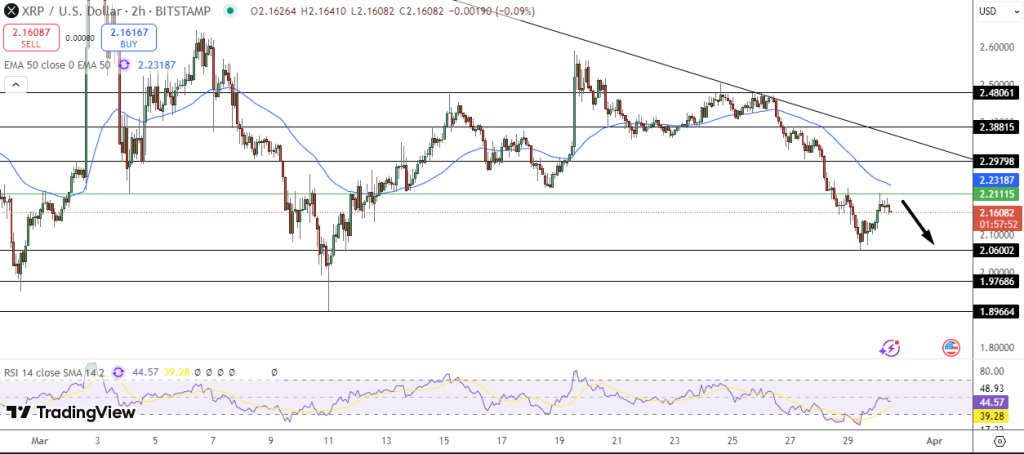Many students arrive at college unsure about which degree will best set them up for success in a changing employment environment.
Choosing a road that seems both relevant today and sustainable tomorrow can be difficult in a world shaped by technology, globalization and changing economic conditions. Although accounting has long been considered a steady career path, it’s crucial to understand that this discipline has also evolved significantly more dynamically than some would have us believe.
The accounting profession has always revolved mostly around stability. While some sectors see more dramatic ebbs and flows, almost every company — from local organizations to multinational corporations — requires someone competent to interpret financial statements, ensure compliance, and generate data-driven recommendations. Various economic forces have driven that fundamental need higher; the U.S. Bureau of Labor Statistics forecasts a consistent demand for accountants and auditors over the next decade. Good times call for businesses looking to help control market prospects and expansion to turn to accountants. Accountants are also very important in managing risk, restructuring and cost-cutting in difficult circumstances. For students who value a steady basis for their future employment, this dual relevance offers accountants a degree of job security that appeals.
Still, the reasons why accounting is a fascinating major go beyond mere security. Within the field, a transformation is underway. Professionals freed by technology that automates tedious jobs have been able to participate more thoroughly in data analysis, forecasting and strategic advice. This change has expanded the accountant’s responsibility toward broader collaboration and decision-making beyond only numbers and calculations. Modern accountants employ software tools and new technology more and more to sort through difficult data, present projections to leadership, and suggest the best course of action for growth. The everyday grind of an accountant is getting more interesting and powerful as artificial intelligence and machine learning find an increasing presence.
Notwithstanding these developments, the field is struggling with a drop in the supply of fresh graduates in accounting. Several elements influence this trend, including competition from other business majors and a belief that accounting may be less interesting than other disciplines. Simultaneously, a large number of the present workforce is aging into retirement, resulting in what many consider to be a perfect storm of a talent shortage. Rather than viewing these departures as a negative, students entering the field can look at them as openings to quickly assume responsibilities that might have taken much longer in a more crowded market. Many times, companies and businesses ready to replace retiring professionals are expediting new recruit professional development.
This change means that chances for hands-on experience, leadership development and mentoring can arrive earlier than they did years ago. Modern companies recognize that a graduate in accounting who can combine analytical abilities with traditional financial understanding is a quite significant asset. Some colleges have also begun updating their accounting courses to incorporate active learning, whereby students learn to analyze data sets or build forecasting models. These instructional improvements enable students to leave with a stronger background and a better awareness of how accounting fits into the more data-driven, wider economy.
Of course, technological knowledge is becoming a main focus for accountants. Although in the past, it was enough to learn spreadsheet software and a few basic accounting tools, nowadays, one often explores data visualization tools and advanced analytics. Because they can spot inefficiencies or irregularities that could go unnoticed in a conventional reporting system, professionals who have a strong knowledge of these technologies can offer deeper insight into the financial situation of a firm. Students who lean into these technology talents while still in school are setting themselves up nicely for professions that will probably keep changing and growing.
Still, the art and science of accounting have never been constrained to technology alone. Students still have to grow in competencies, including critical thinking, ethical decision-making and the capacity to translate difficult financial data to several audiences. Raw financial data may not be interpreted by a manager in charge of operations, depending on background. Under such circumstances, the capacity of the accountant to convert numbers into practical plans will define whether a business stays compliant, successful and ready for expansion. By means of critical thinking, an accountant can identify inconsistencies or questionable transactions. A pillar of the profession, ethics guarantees that financial statements remain reliable and transparent and helps to build public confidence.
Successful newcomers often become stores of fresh ideas while carrying forward the best practices of the past since the retiring workforce is leaving behind not just available employment openings but also significant institutional knowledge. So, often quite early in one’s career, an accounting degree might be a ticket to jobs of more responsibility. Those who excel might start from entry-level work in financial reporting or auditing and advance to supervising teams, managing whole departments or consulting C-suite executives on anything from capital investments to worldwide market expansion. As long as they show both mastery of fundamental accounting concepts and flexibility to fit evolving technologies, the lack of competent accountants allows leeway for newcomers to grow and quickly provide significant value.
In accounting, salaries stay competitive relative to many other professions. Particularly for individuals who seek licensure and certifications, entry-level pay usually tends to be robust and clearly has room for development over time. While some accountants obtain specialized qualifications reflecting expertise in fields like forensic accounting or managerial accounting, others who become CPAs generally find an increase in both responsibility and salary. These areas of expertise can still open additional doors, leading to jobs in government agencies, consulting companies or specialized businesses, including technology and health care.
Based on current trends, the accounting field will only get more diverse and intertwined with innovative technologies going forward. Data analytics and artificial intelligence continue to shape how financial insights are derived; hence professionals must combine strategic thinking with quantitative skills. Simultaneously, the core ideas of accounting — accuracy, transparency and ethical stewardship — remain steadfast and ground the profession in trust and reliability. This mix of classic principles and modern innovation sets accounting as a discipline that solves current problems and opens doors to the prospects of tomorrow.
Accounting provides a special mix of tradition and transformation for students who value consistency and want the opportunity to develop in an atmosphere that progressively values innovation and critical thinking. With its basic foundation strengthened by constant demand and solid career prospects, and its future lit by fast technological progress, it is still a sure profession to enter at a time of flux. By embracing these developments, aspiring accountants can forge successful careers that remain vital to the functioning of every corner of the global economy.
Credit: Source link











